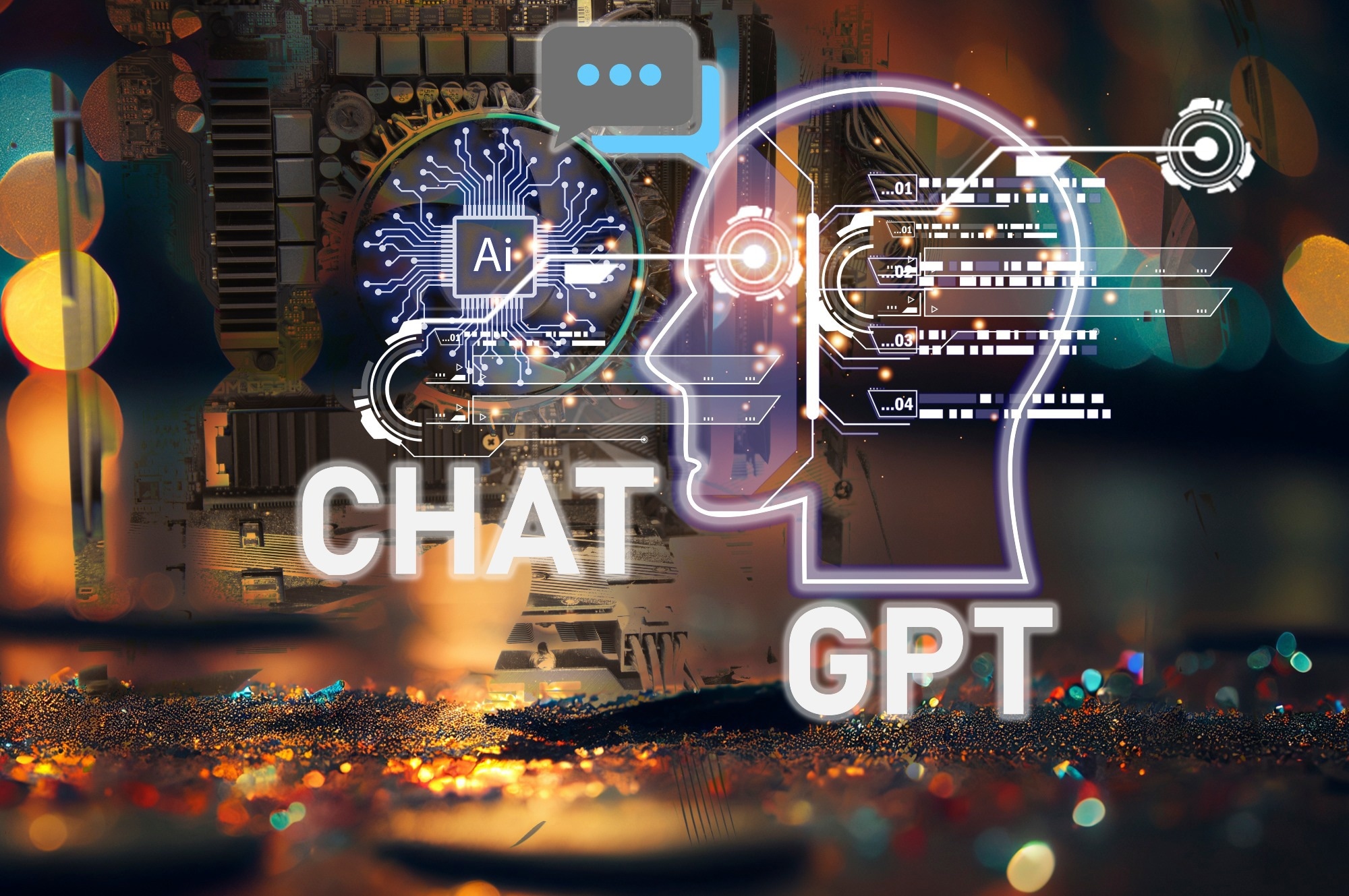An article published in the journal JAMA highlights the remarkable progress made in integrating artificial intelligence (AI) into medical practice, specifically through the introduction of large language models (LLMs) such as OpenAI's ChatGPT and Google's Bard. However, incorporating LLMs in healthcare poses intricate legal and ethical challenges that demand the establishment of robust regulatory frameworks. This article examines the complexities in regulating LLMs in the medical field, particularly emphasizing crucial aspects such as privacy, device regulation, competition, intellectual property, cybersecurity, and liability.
 Study: Navigating the Ethical Frontier: Regulating Large Language Models in Healthcare. Image Credit: NMStudio789 /Shutterstock
Study: Navigating the Ethical Frontier: Regulating Large Language Models in Healthcare. Image Credit: NMStudio789 /Shutterstock
Background
AI has already made notable contributions to medical devices, decision support systems, and clinical practices. LLMs have captured user attention due to their potential to generate progress plans and provide patient information through interactive chatbot interfaces. As LLMs gain prominence in healthcare, regulators face the critical task of establishing guidelines and rules to ensure their responsible and ethical use.
Privacy considerations and compliance with regulations
Training LLMs involves leveraging vast web-scraped data, potentially including personal and sensitive information. Compliance with privacy regulations, such as the Regulation on Data Protection in the European Union, is paramount. Specific justifications, such as consent or societal benefit, are required for accessing personal data. European authorities are presently investigating OpenAI's ChatGPT to assess its compliance with privacy regulations. Privacy regulators must issue comprehensive guidance on the permissible and impermissible uses of LLMs while promoting harmonization among regulatory bodies.
Guidelines and competition landscape in the medical use of LLMs
General-purpose LLMs usually are not medical devices. However, when LLMs are designed for medical applications, like aiding clinicians or interacting with medical devices, they may be considered medical devices. Policymakers grapple with defining the distinction between general-purpose LLMs and medical devices. Furthermore, integrating LLMs into medical products requires compliance with existing regulations, necessitating explicit guidelines for handling adaptive learning in LLMs. Risk classification methodologies must be tailored to address the distinct challenges posed by LLM usage in medical devices.
The utilization of LLMs in medicine and the exploration of alternatives present two potential paths. One path envisions a diverse ecosystem of LLMs trained on various data sources, while the other is dominated by a few large corporations licensing their products to medical users. The role of antitrust regulators is essential in shaping the outcome and determining the competitive landscape. Finding a balance between privacy, ethics, and competition is paramount. Regulators must take measures to prevent market concentration, which could result in increased prices and limited diversity in LLM options. The flexibility of medical regulations and the requirements for market entry also impact the competition dynamics.
Intellectual property rights in LLM development
Achieving an appropriate balance in recognizing intellectual property rights within LLM development is crucial. Excessive protection may create barriers to market entry, while insufficient protection may discourage investment in exclusive LLM products. The training process of LLMs often relies on extensive and opaque data sources, potentially raising concerns regarding intellectual property violations. Recent changes in the proposed European Union's Artificial Intelligence Act emphasize the importance of disclosing copyrighted materials used in LLM development. Striking the right balance in intellectual property rights is vital to foster innovation while preventing monopolistic practices.
Developer accountability in LLM deployments
While LLMs offer potential benefits in medical cybersecurity by detecting vulnerabilities and patterns of exploitation, they also introduce security risks. Vulnerabilities in LLMs can be manipulated to disseminate misinformation, conduct fraudulent attacks, or spread malware. Establishing minimum security thresholds before deploying LLM applications in healthcare and drug development is crucial.
Providing comprehensive training to healthcare professionals on LLMs, including their constraints and cybersecurity vulnerabilities, is of utmost importance. Additionally, implementing mechanisms to hold developers accountable for noncompliance and clarifying liability issues is necessary. It is essential to consider users’ legal obligations to relinquish liability claims or provide indemnification to developers against potential damages.
Conclusion
Effectively managing legal and ethical aspects is vital in LLM regulation for medicine. Prohibiting LLMs in specific areas faces obstacles due to political pressures and potential circumvention. Instead of rigidly adhering to current technical standards, flexible legislation that embraces future advancements is essential. While the proposed European Union's Artificial Intelligence Act serves as a blueprint, additional governance approaches, such as delegating authority to regulatory agencies and relying on common law decision-making, can effectively tackle the challenges presented by LLMs in healthcare.
In essence, comprehensive attention to privacy, device regulation, competition, intellectual property, cybersecurity, and liability is imperative when regulating LLMs in healthcare. Furthermore, collaborative efforts among regulators, policymakers, and industry stakeholders are essential to ensure the responsible and ethical integration of LLMs into medical practice. By addressing these challenges, LLMs can be utilized to their full potential while safeguarding patient well-being, ensuring privacy protection, and fostering a competitive and innovative healthcare landscape.